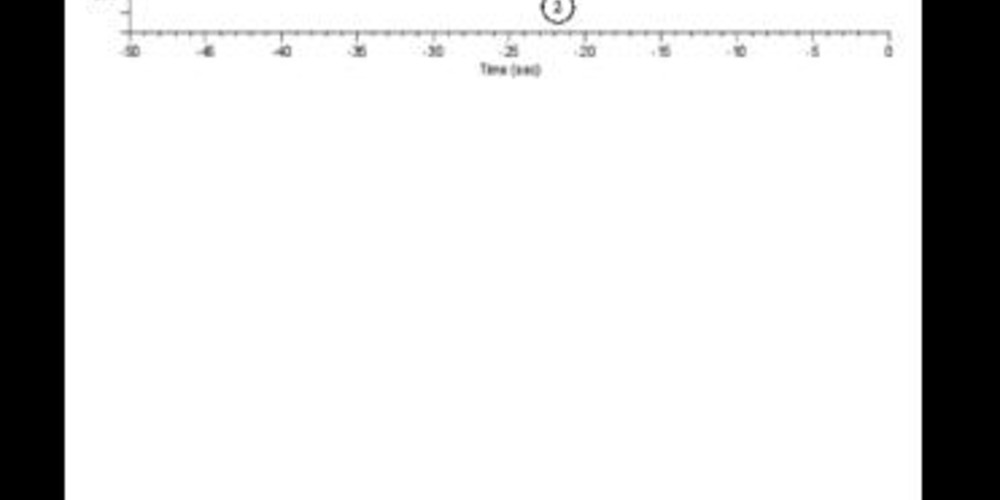Decrease in the percentage of biventricular pacing due to non-sustained atrial and ventricular arrhythmias
Tracing
Manufacturer Medtronic
Device CRT
Field Management of atrial arrhythmias
N° 23
Patient
47-year-old man implanted with a triple-chamber defibrillator Viva XT for dilated cardiomyopathy with left bundle branch block; routine follow-up; several episodes of non-sustained VT recorded by the device.

Graph and trace
Plot:
- 1:1 atrioventricular rhythm;
- simultaneous acceleration of the atrial and ventricular rhythms;
- end of the episode;
Tracing:
- atrial sensing and biventricular pacing (AS-BV);
- the episode starts with a premature atrial contraction (suggesting an atrial tachycardia); the first atrial cycle is labeled AR because it falls in the PVARP of the previous AS-BV cycle, and does not trigger a new AV delay; spontaneous AV conduction with a long PR interval, the QRS is sensed and labeled VS; at the second cycle of the tachycardia, the PR interval prolongs again and the third cycle of the tachycardia falls in the post-ventricular atrial blanking (labeled Ab); in the next cycles, the PR interval shortens due to a slowing of the atrial rate, and the atrial cycles are labeled AR;
- tachycardia at 170 bpm with spontaneous ventricular rhythm;
- the episode ends with no atrial event (in favor of atrial tachycardia);
- end of the episode;
Text:
- episode erroneously classified as non-sustained VT;
Plot:
- atrioventricular rhythm;
- acceleration of the ventricular rhythm without any modification of the atrial rhythm, suggesting a non-sustained ventricular arrhythmia;
- end of the episode;
Tracing:
- atrial sensing and biventricular pacing (AS-BV);
- non-sustained VT: onset with a premature ventricular beat; detection of a fast ventricular rhythm at 190 bpm (TS); atrioventricular dissociation with more V than A;
- spontaneous termination of the arrhythmia and end of the episode;
Text
Episode diagnosed as « non-sustained VT ».
Other articles that may be of interest to you

EGM recordings






This patient presented with many episodes of non-sustained VT correctly diagnosed by the device but also many episodes of misdiagnosed atrial tachycardia (false diagnosis of non-sustained VT). This example illustrates the need to review all of the episodes and to control the diagnosis made by the device. Non-sustained VT and atrial tachycardia are common causes of temporary interruption of biventricular pacing. In this instance, a treatment with amiodarone was introduced but did not strongly influence the occurrence of the different types of arrhythmias.